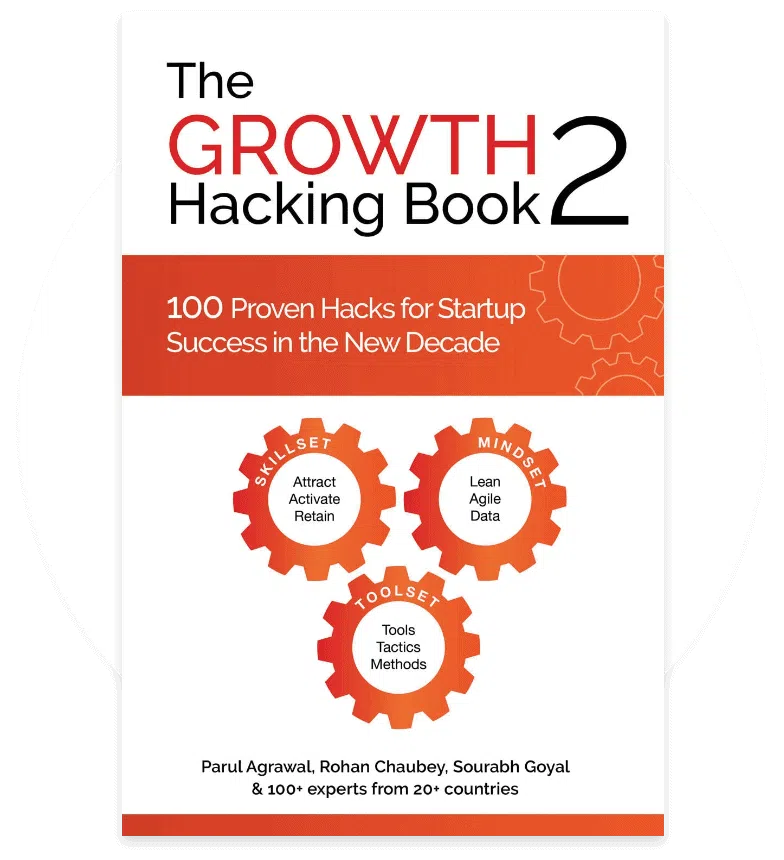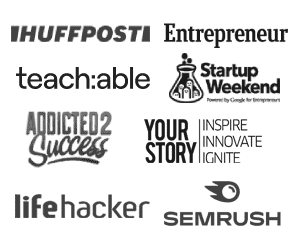
THE MAN BEHIND BLOGGERSIDEAS
Jitendra Vaswani is a well-known figure in the SEO and affiliate marketing communities. He is regarded as a legitimate authority due to his deep knowledge and game-changing contributions to the field. He is the visionary leader behind Digiexe.com, a top digital marketing agency and affiliate marketing blog Bloggersideas.com
Jitendra’s strategic acquisition of AffiliateBooster.com solidifies his position as a leader in the digital marketing industry, with plans to reinvent affiliate marketing by providing cutting-edge solutions that boost sales and performance. His best-selling book, Inside A Hustler’s Brain: In Pursuit of Financial Freedom, has sold over 20,000 copies worldwide, demonstrating his competence and influence.
The Man Behind
BloggersIdeas
Jitendra Vaswani is a well-known figure in the SEO and affiliate marketing communities. He is regarded as a legitimate authority due to his deep knowledge and game-changing contributions to the field. He is the visionary leader behind Digiexe.com, a top digital marketing agency and affiliate marketing blog Bloggersideas.com
Jitendra’s strategic acquisition of AffiliateBooster.com solidifies his position as a leader in the digital marketing industry, with plans to reinvent affiliate marketing by providing cutting-edge solutions that boost sales and performance. His best-selling book, Inside A Hustler’s Brain: In Pursuit of Financial Freedom, has sold over 20,000 copies worldwide, demonstrating his competence and influence.
Over
4.4m+ Clicks
in 2022-23


Become a Digital Hustler
Work from Anywhere
Here in this book, I want to discuss my experiences and the insights I have gained, with you, my readers, the only backbone that keeps me going.
As Featured On


Best Selling Author on Amazon
for the Growth Hacking Book 2
Best Sellers Rank:
- #1 in Networking & Communications eBook
- #2 in Tech Culture & Computer Literacy eBooks
- #5 in Economics (Kindle Store)
- #485 in Kindle Store (See Top 100 in Kindle Store)
Hire Us for Branding &
Digital Marketing Services
We offer a wide-range of digital marketing services. From SEO to Video editing and from PPC advertising to 3d animations, hire us for 360 degree digital marketing services.


Inside a Hustler's Brain
Podcast
On Inside A Hustler’s Brain Podcast, Jitendra Vaswani inspires people to be creative and build successful business online.
He is sitting down with real time hustlers like Neil Patel, Rand Fishkin and more to learn about their business process and how to create a positive impact to the world.
What others are
Saying

Zak Muscovitch
Domain Attorney Canada

Zak Muscovitch
Domain Attorney Canada

Ron Jackson
Owner of Dnjournal.com

Ron Jackson
Owner of Dnjournal.com

Colin-Campbell
.Club Founder

Colin-Campbell
.Club Founder













